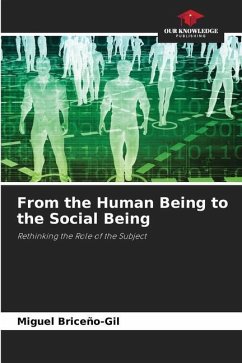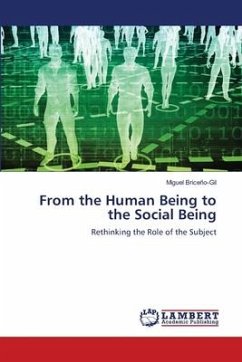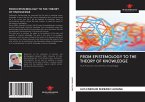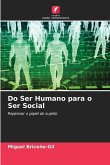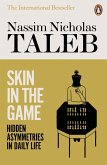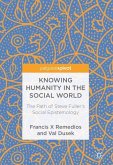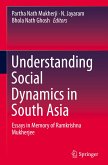When we observe the balance of the development of humanity from the Neolithic to the present day, we can see that with all the ups and downs, these conditionalities have been achieved, to a point sufficient for society not only to have appeared on the face of the earth, but to have continued to exist to the present day, then it is worth asking: How has the social built and maintained this network of contributions? Social Science from its beginnings has asked itself: Where do we come from? But when we see the profound ups and downs that this process has had, where almost most of the emerging societies have disappeared and the double contingency of social interaction has not been overcome, I think it is time to ask ourselves: Why are we still here? and to rethink a strategy to answer this question that remains unresolved. To do so, we must begin to take the first steps to rethink the role of the observing subject, which in this case is the social scientist who uses the resources ofclassical science to observe the measurable and predictable materiality of human groups that, in general terms, we call society.

